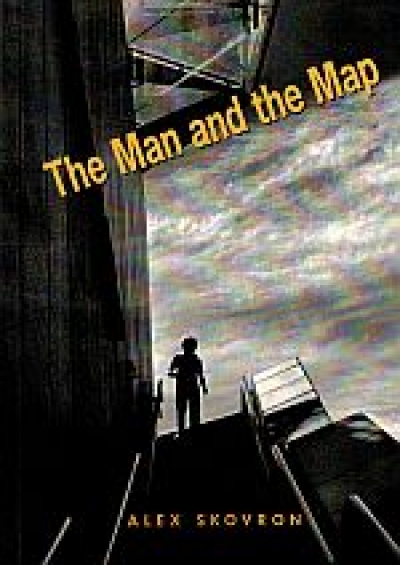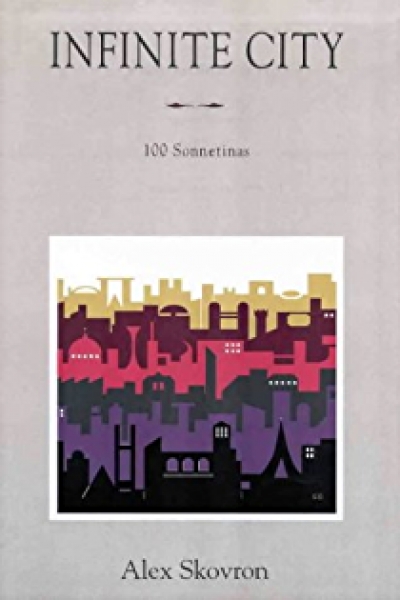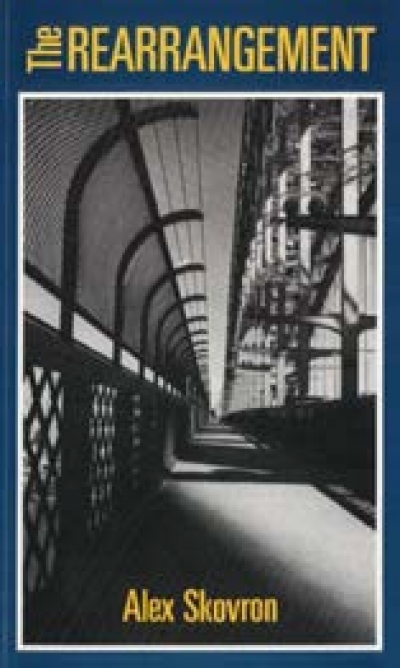Accessibility Tools
- Content scaling 100%
- Font size 100%
- Line height 100%
- Letter spacing 100%
Alex Skovron
The ABR Podcast
Released every Thursday, the ABR podcast features our finest reviews, poetry, fiction, interviews, and commentary.
Subscribe via iTunes, Stitcher, Google, or Spotify, or search for ‘The ABR Podcast’ on your favourite podcast app.
The red thread: Xi Jinping’s ideology of power
by Neil Thomas
This week on The ABR Podcast, Neil Thomas reviews On Xi Jinping: How Xi’s Marxist Nationalism is shaping China and the world by Kevin Rudd. Thomas explains that even China watchers find it hard to be clear on the thoughts and plans of the leader of the Chinese Communist Party. They disagree, he tells us, on basic, critical questions, such as for how long Xi will rule. ‘Enter Kevin Rudd’, Thomas writes. ‘In his latest book, former prime minister Kevin Rudd adds a worthy new chapter to his life of public service, digesting thousands of pages of “Xi Jinping Thought” so that you do not have to’. Neil Thomas is a Fellow on Chinese Politics at Asia Society Policy Institute’s Center for China Analysis in Washington DC. Here is Neil Thomas with 'The red thread: Xi Jinping's ideology of power' by Neil Thomas, published in the December issue of ABR.
Recent episodes:
So there he was in the library, crouched above the floor
like a mousetrap, squinting into his rickety parallel edition
of the Satires. The paperback was from the late fifties;
The tough and rumble of the schoolyard
is always welcome relief from a room
papered with whispers, where every night
he must taste the salted honey of his pain
or else listen to the chorus of lies
that they hiss at one another in the dark.





